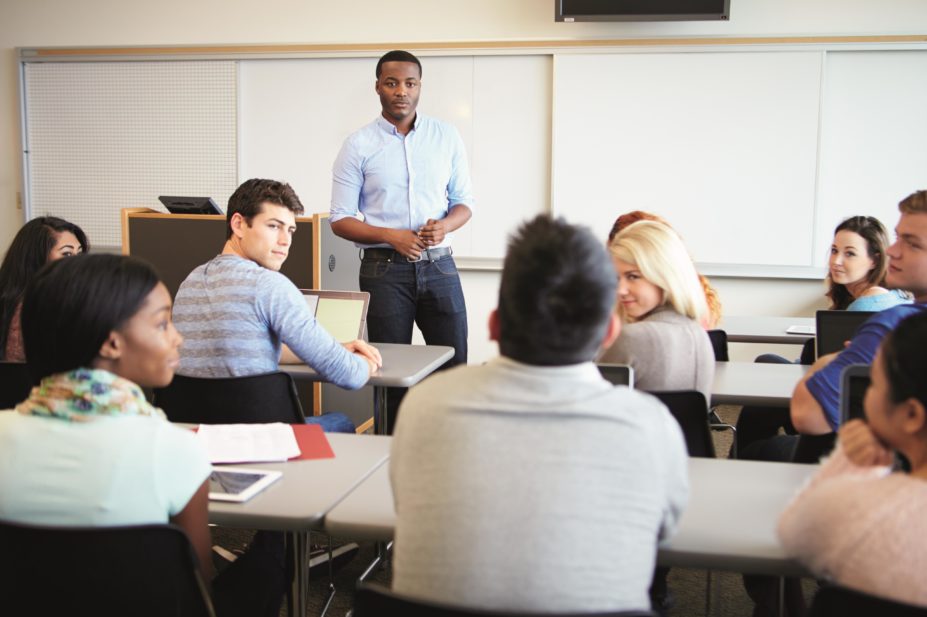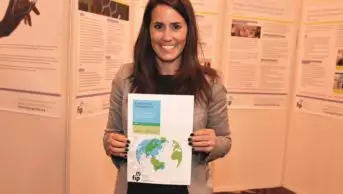
Shutterstock.com
Tina Brock, of University of California, San Francisco (UCSF), talked about developing international policy for interprofessional experiential education (infusing direct experience with the learning environment and content) at a session at the 74th International Pharmaceutical Federation Congress in Bangkok on 2 September 2014. She stated that one of the challenges is that terminology about experiential education varies across professions and countries, for example, rotation versus externship versus placement. Timing of experiential education, she said, also varies across professions and countries. Policies also vary, some prescribe time, others focus on competency milestones and some even talk about the use of simulation. Brock questioned how much simulation counts as experience and asked the audience if interacting with a manikin is experiential education or something else.
When we talk about experiential education, Brock said, we think about the value that working with patients brings to our education but if we add in other professions this is what makes it even richer.
At UCSF, Brock said they have carefully considered the fundamental principles and skills for effective interprofessional collaborative practice and developed a massive open online course (MOOC), launched on 15 September 2014 (www.coursera.org/course/interprofessional). They have initiated some pilot interprofessional experiential learning projects with medicine, pharmacy and physiotherapist first-year students in four different sites looking at health improvement projects. Placement sites were “blown away”, she said, about what value even first-year students could add to their practice sites.
Building interprofessional skills
Jill Boone, University of Cincinnati, Ohio, talked about some experiences that can be put into place to help build interprofessional skills. There are some competencies regarding working with an interprofessional team that can be identified separately as well as the common competencies for all professionals (e.g. professionalism). The important competencies of working interprofessionally, she said, are values and ethics for interprofessional practice and to be able to identify the roles and responsibilities of other team members, as well as identifying what your own role should be.
The University of Washington, she said, is considered a leader in interprofessional education and received a grant to produce an activity that others can access and reproduce in its own institution. The activity, she said, is a four-hour event about a medication error involving interprofessional students and the faculty. It consists of a presentation, a case discussion of a scenario and students interacting with a “family member” about the error. Three different groups of students interact with a family member and others observe. On the second and third engagement, the family member changes personality so students are not sure of what is coming next. The error disclosure toolkit is available at: collaborate.uw.edu.
At the University of Cincinnati, an online educational community completes quality improvement and outcomes projects this is a 30-hour extra-curricular activity for healthcare students. Students chose to develop a service for underserved patients in the community and apply what they are learning (e.g. student-led health screening and immunisation clinics). These projects, Boone said, are a helpful and practical way to start building some of the competencies needed for interprofessional working.
Interprofessional learning
Richard Adome, from the school of health sciences at Makerere University, Uganda, told the audience that graduates lacked humanistic skills so the university has integrated training and early clinical exposure along with community accreditation. Problem-based learning is used among interprofessional student groups who meet twice a week for two three-hour sessions. Each year, he said, students are placed in the community and initially watch and absorb clinical scenarios then later get involved. Students learn critical thinking skills and constructive self and peer assessment skills, professional ethics and behaviours, as well as interprofessional collaboration. Knowledge is acquired in context and builds on what is already known, he said. Student feedback has been positive and there have been comments that this kind of learning helps them to develop skills for lifelong learning.
